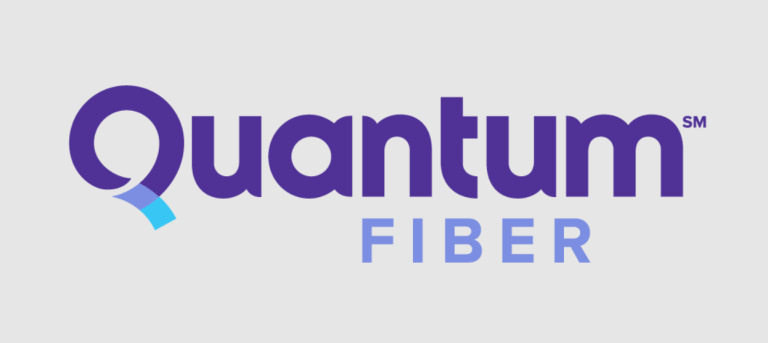The CVS Aetna Health merger, finalized in 2018, was a landmark event in the American healthcare industry. This strategic move brought together two giants – CVS Health, the nation’s leading pharmacy chain, and Aetna, a major health insurance provider. The merger aimed to create a vertically integrated healthcare powerhouse capable of delivering better, more affordable care.
Contents
Key Drivers Behind the Merger
1. The Changing Healthcare Landscape
The U.S. healthcare system was undergoing a significant transformation. The Affordable Care Act (ACA) expanded insurance coverage, leading to a surge in demand for healthcare services. Simultaneously, there was a growing emphasis on value-based care, shifting the focus from volume to quality and outcomes.
2. Strategic Alignment
CVS Health and Aetna saw a strategic fit in their complementary strengths. CVS‘s vast network of retail pharmacies and clinics offered a unique platform for delivering care, while Aetna‘s expertise in health insurance and care management could help improve patient outcomes and control costs.
3. Synergies and Efficiencies
The merger was expected to generate significant synergies and efficiencies. By streamlining operations, improving care coordination, and leveraging data analytics, CVS Aetna Health aimed to reduce costs and enhance the patient experience.
Benefits of the CVS Aetna Health Merger
1. Enhanced Access to Care
The merger expanded access to care by leveraging CVS‘s extensive retail footprint. Patients can now conveniently access a range of healthcare services, including preventive care, chronic disease management, and vaccinations, at their local CVS pharmacy or MinuteClinic.
2. Improved Care Coordination
CVS Aetna Health has focused on improving care coordination by integrating pharmacy, medical, and behavioral health services. This integrated approach aims to provide a more holistic and personalized experience for patients, leading to better health outcomes.
3. Cost Savings
The merger has led to cost savings through various initiatives, such as improved medication adherence, preventive care programs, and chronic disease management. By promoting healthier behaviors and preventing complications, CVS Aetna Health is helping to reduce overall healthcare costs.
4. Innovation
CVS Aetna Health is investing in innovation to transform the healthcare experience. They are leveraging technology to improve patient engagement, enhance care delivery, and develop new solutions for chronic disease management.
Challenges and Concerns
1. Antitrust Concerns
The merger faced scrutiny from antitrust regulators due to concerns about reduced competition and potential price increases. To address these concerns, CVS Health agreed to divest some of its Medicare Part D prescription drug plans.
2. Data Privacy
The merger raised concerns about the privacy and security of patient data. CVS Aetna Health has implemented robust data protection measures to safeguard sensitive information.
3. Integration Challenges
Integrating two large organizations with different cultures and systems can be complex and challenging. CVS Aetna Health has been working to streamline operations and create a unified culture.
4. Consumer Perception
Some consumers remain skeptical about the merger, fearing that it could lead to higher prices and reduced choice. CVS Aetna Health is actively working to build trust and demonstrate the benefits of the merger to consumers.
The Impact of COVID-19
The COVID-19 pandemic has had a profound impact on the healthcare industry. CVS Aetna Health played a crucial role in the pandemic response by providing testing, vaccinations, and telehealth services. The pandemic has also accelerated the adoption of digital health solutions and highlighted the importance of integrated care.
The Future of CVS Aetna Health
CVS Aetna Health is well-positioned for future growth and success. The company is continuing to invest in innovation, expand its service offerings, and improve the patient experience. They are also committed to addressing social determinants of health and promoting health equity.
Conclusion
The CVS Aetna Health merger has been a transformative event in the healthcare industry. By combining the strengths of two leading companies, CVS Aetna Health is creating a new model for healthcare delivery. This model focuses on integrated care, improved access, and cost savings. While challenges remain, CVS Aetna Health is committed to delivering better, more affordable care to its members.
Read More: Does AARP UnitedHealthcare Cover Cataract Surgery?






